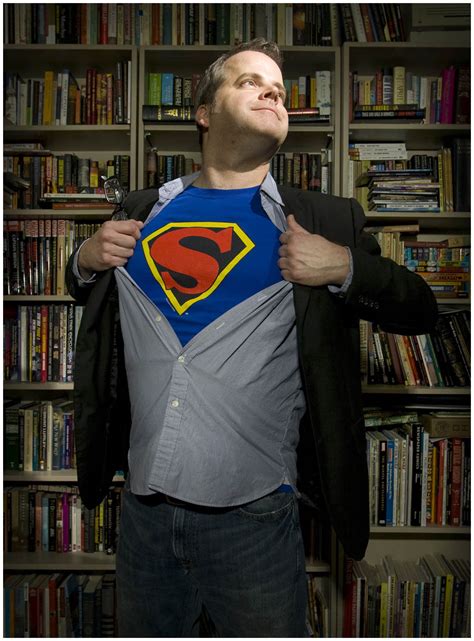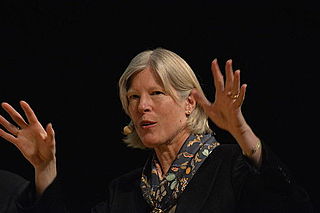A Quote by Chris Roberson
One of the things that fascinates me most about the toys of the Sixties and Seventies is that they were characters without stories, as such.
Quote Topics
Related Quotes
Generally, older people in their fifties, sixties, and seventies are running most countries and are CEOs of corporations. Which isn't to say there aren't entrepreneurs, but if the young were better in every respect, there'd be no reason for the old. Our life span reflects our particular life strategy.
You're writing for some version of yourself. You're writing the kinds of things that you like to read or wanted to read at a certain point. So, primarily for most of my career, I've written the kind of criticism that fascinates me. The things I discovered the things that get me going, that I'm excited about.

































